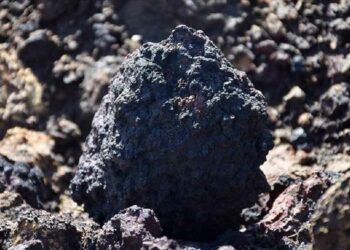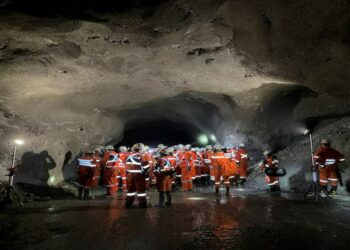Australian superannuation fund HESTA said that Rio Tinto’s destruction of ancient sacred rockshelters in Western Australia this year has highlighted structural risk around heritage management practices in the mining sector.
The fund is calling for an independent review of the partnership agreements between mining companies and traditional owners to better manage risk, said Mary Delahunty, HESTA’s head of impact, during a parliamentary inquiry into the destruction of the Juukan Gorge rock shelters in May.
HESTA holds A$244 million ($178.53 million) in Rio Tinto shares and just over A$2 billion in Australian mining companies.
Rio Tinto’s legal destruction of the Juukan Gorge shelters for an iron ore mine expansion distressed the traditional owners and caused a public outcry that cost three senior Rio leaders, including the chief executive, his job.
The inquiry has unearthed controversial heritage practices such as contracts between miners and indigenous groups having “gag clauses” that prevent the groups from publicly objecting to mining development on their ancestral lands and others that eroded their legal rights. “Mining companies that fail to negotiate fairly and in good faith with Traditional Owners expose the company to reputational and legal risks,” she said.
HESTA is pushing for an independent review of the agreements between traditional owners and mining companies across the industry because of the “systemic” risks they pose.
“If those agreements in any way erode the rights of the parties or have been negotiated without an understanding of power imbalance then they are not future ready, should probably not be relied apon and introduce a risk to investors that is material to the company’s value,” she said.
Institutional investors are stepping up their scrutiny of miners. Investors worth $10.2 trillion wrote to the boards of 78 global mining companies last month to ask for more information about their heritage practices with First Nations people.
HESTA is also calling for clear national standards around heritage sites and further action by investors. The parliamentary committee is due to report its findings by Dec. 9.










